RULES AND ORDER
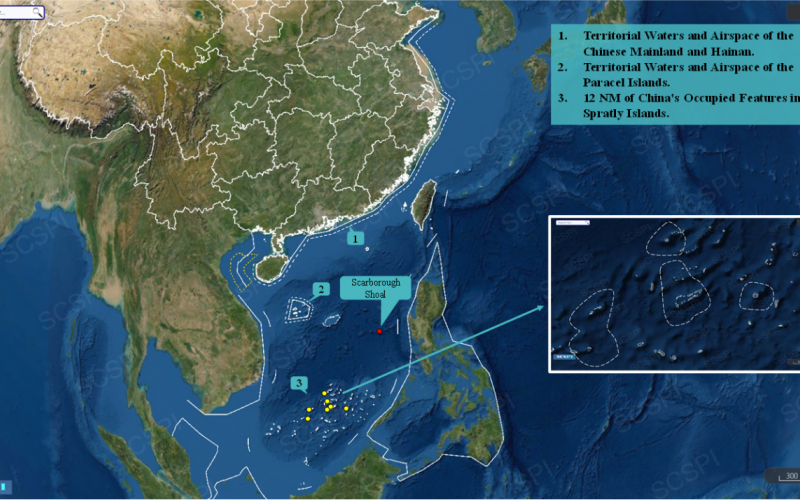
2022-09-13 | BY Hu Bo
In China’s surrounding waters, including the South China Sea and the East China Sea, despite the growing competition as well as sea and air encounters between two militaries, we should admit, that most of the encounters, more than ten times per day and thousands of times every year, are safe and professional.
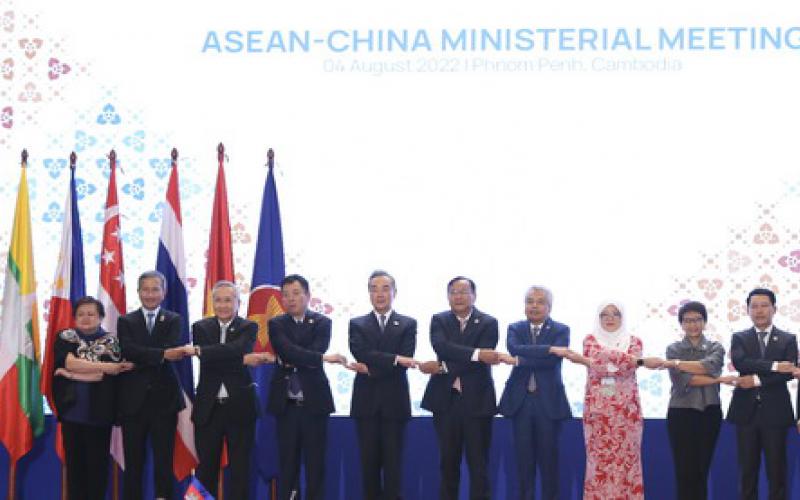
2022-08-19 | BY Hu Bo, Lei Xiaolu, Yan Yan
Since 2018, the negotiation on the Code of Conduct in the South China Sea (COC) accelerates and entered second reading. Despite the impact of COVID-19, all the parties still expressed the need of speeding up the negotiation of the COC.
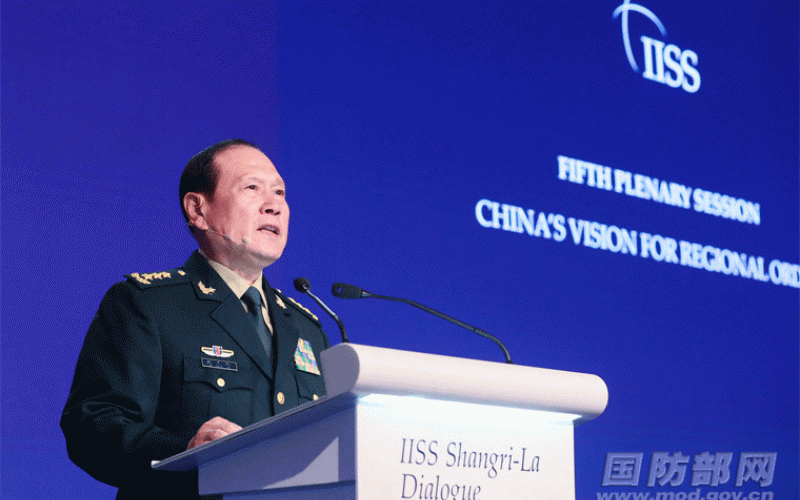
2022-06-18 | BY Mark Hoskin
Drawing a comparison with the US’ own history as a development of the often-repeated boilerplate statement concerning Taiwan should be considered further and widely discussed, even if people might not agree with China’s statement for strategic or political reasons.
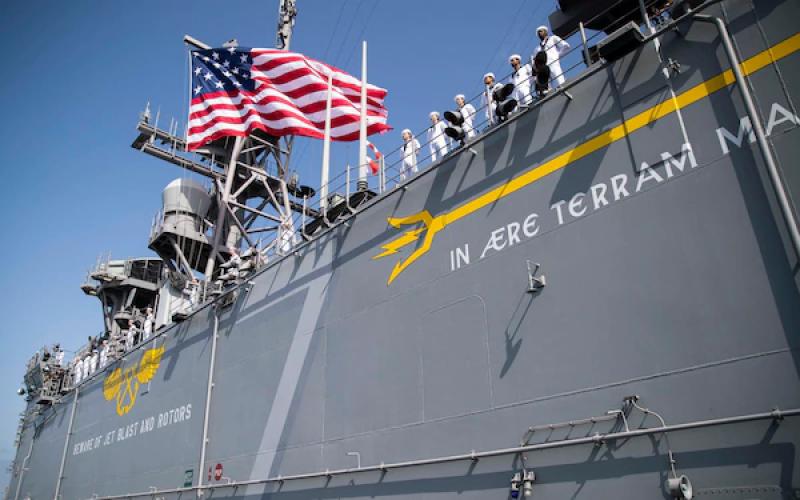
2022-05-05 | BY Mark J. Valencia
The U.S. is setting a dangerous example by unilaterally asserting and implementing its interpretations of terms in a treaty it has not ratified. If many coastal states enact unilateral national legislation prohibiting certain military and intelligence gathering activities by drones in and above their jurisdictional zones, then the prohibition against conducting such missions could become part of customary international law through state practice, despite the opposition of a few countries like the U.S. and its allies.

2022-03-21 | BY Hu Bo
In recent years, amid the backdrop of intensified China-US military competition, both sides agree on strengthening maritime crisis management. Chinese President Xi Jinping and US President Joe Biden emphasized the importance of managing competition in the video call for multiple times. Before the new progress, it is necessary to summarize current mechanisms for China-US maritime crisis management.
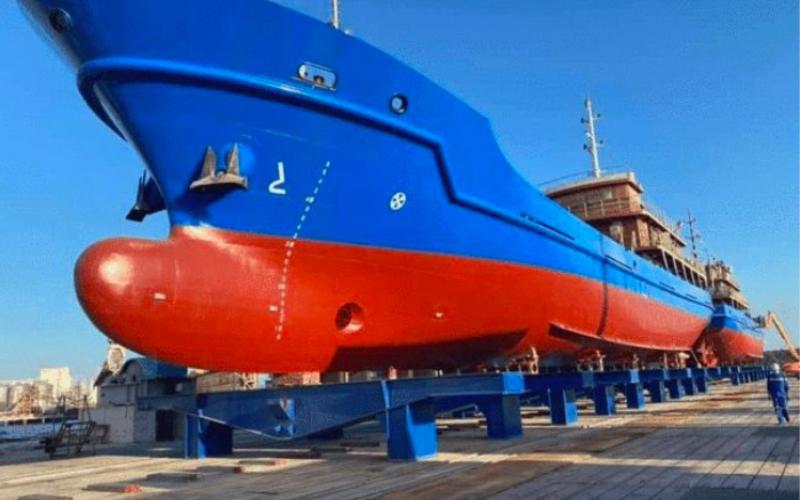
2022-02-08 | BY Lei Xiaolu
It has been recently reported that the 400-ton armed fishing vessel TK 1482 ordered by the Vietnamese militia is about to be launched. It is not unusual that militia could be equipped with military weapons to support or replace regular military forces in warfare. While in peacetime, this practice is very rare.
The use of weapons on the well-equipped militia vessels would entail the risk of causing significant harm to regional security and stability.

2021-12-26 | BY Zheng Zhihua
There is no doubt that China and the Philippines have a territorial sovereignty dispute over the Spratly Islands, including Second Thomas Shoal. The United States has repeatedly stated that it takes no position on territorial disputes over islands and reefs in the South China Sea. However, it has now reneged on its prior statements and claimed to stand with its ally, the Philippines, to uphold the so-called “rules-based international maritime order”.These self-contradictory policy statements reveal that the United States has respect neither for the Philippines nor for its own pledges. Its true intent is not for maintaining a “rules-based order”, but for continuing its hegemony.

2021-11-08 | BY Zhang Xinjun
The legality of passage through the Taiwan Strait is one thing, using the passage for political maneuvering and provocation is another. The recent passages of foreign warships through the Taiwan Strait with accompanying blatant remarks deserves China ‘s attention on the timing, frequency, and the manner of such passages. The passages shall be condemned as they undermine the peace and stability of the Taiwan Strait.
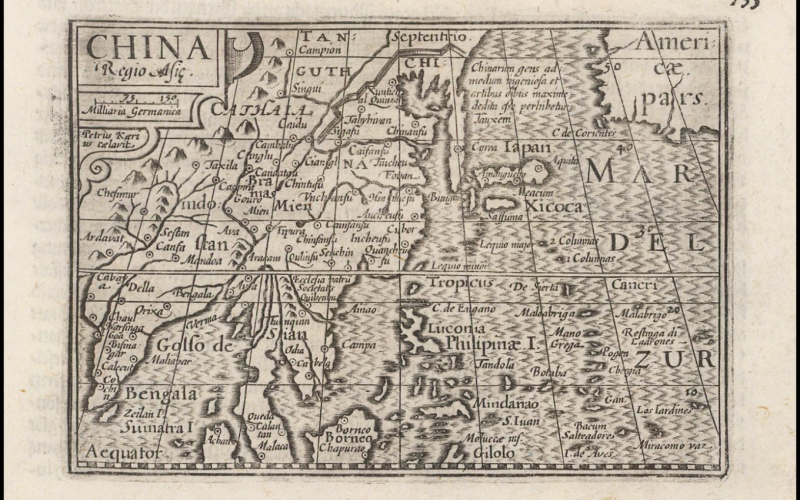
2021-06-01 | BY Mark Hoskin
Recently, the war of words that continues to create volumes for followers of the South China Sea dispute has been taken in a new direction, although the issues of the past remain, perpetuating a north-south divide based on religious and other differences because the US did not want the entire archipelago.
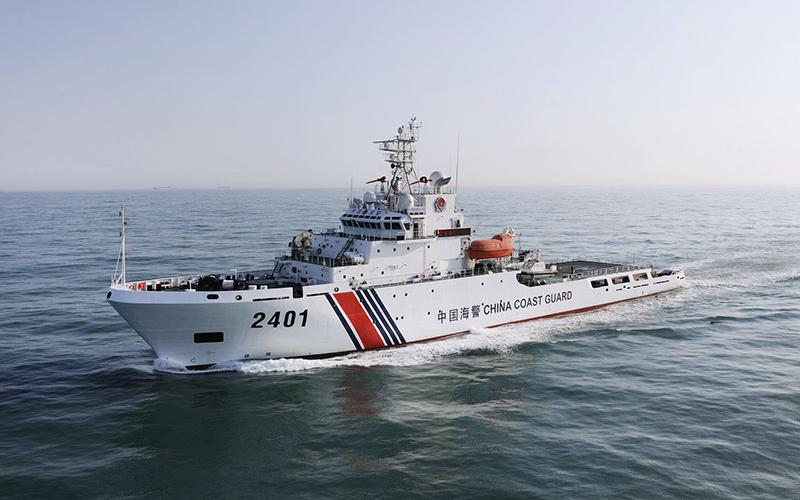
2021-05-17 | BY Hu Bo
The US has repeatedly emphasized the necessity of expanding the rules of air and maritime encounters to coast guard and “maritime militia”, such as the Code for Unplanned Encounters at Sea (CUES), and including the coast guard in bilateral dialogue mechanisms, such as the China-US Military Maritime Consultative Agreement (MMCA). During other bilateral official, semi-official exchanges and think-tank communications, the US insists on taking the issue as the top priority of managing maritime crises and frequently accuses China of its negative attitude toward the issue and insincerity in crisis management. Nevertheless, in my point of view, such requirements of the US are not only unrealistic but also unreasonable; it is just within the expectations that no response has been made on the Chinese side.
